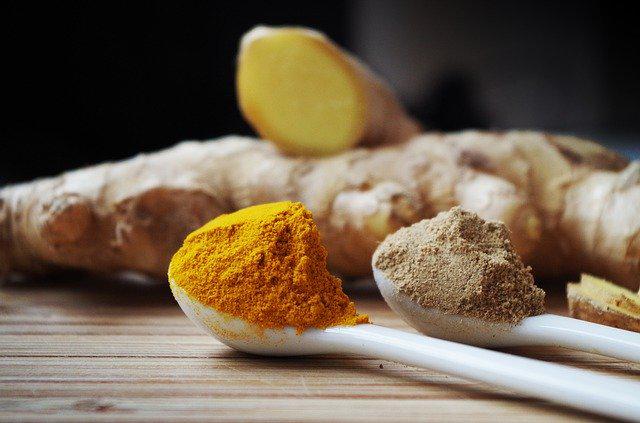Popularity of Turmeric Increases Concerns for Adulteration
2020-10-05 09:10:41
The powerful bioactive compounds in Curcuma longa (turmeric)—curcuminoids, the most significant being curcumin—and their potential anti-inflammatory and antioxidant properties have made the ingredient one of the top botanicals grown across the world, year in and year out. And with consumers increasingly training their focus on natural functional products to boost their health, the explosive popularity and market growth of curcumin has drawn many players into all sides of the market.
Most categories that reach such a heightened level of popularity risk exploitation, adulteration, misuse of science, and market competitors crossing a line to get an edge. Curcumin fits that pattern, leaving a challenging environment for companies that aim to offer highly characterized ingredients, conduct clinical research, practice sustainability and offer transparency.
Because turmeric is often sold in powder form, making macroscopic visual inspection impossible, it is more susceptible to mixing with extraneous, lower-cost botanical ingredients, like starches, chalk powder, cassava and synthetic dyes.
These concerns make stringent testing protocols even more important to protect ingredient integrity and consumer food safety.
Read the full article at the link below.





